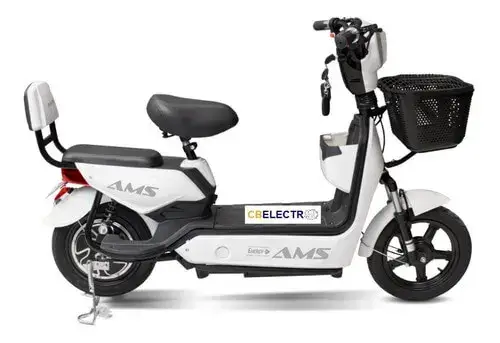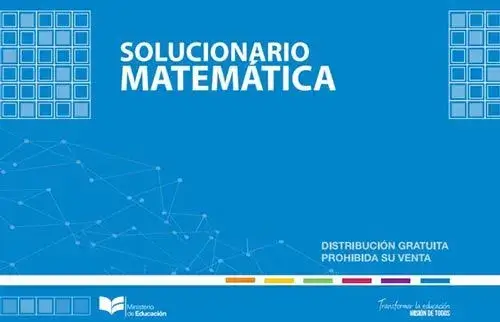Latino voters can make or break Democratic campaigns. They’re about to get their say in 2020
Latino voters turned the course of the Democratic presidential primaries in 2016.
They’re about to get their say in 2020.
Starting this weekend in Nevada, followed just over a week later by the delegate-bountiful states of California and Texas, Hispanic voters will play a make-or-break role.
Four years ago, Sen. Bernie Sanders’ momentum stalled in the southwest.
A setback in Nevada followed his impressive early showing in less-diverse Iowa and New Hampshire, and it foreshadowed what happened next: a campaign-ending string of defeats in states with large Latino populations.
He’s worked hard on his ground game in these states in the hope of writing a different ending to the script this time.
Things might indeed turn out differently, based on both the polling data and on anecdotes collected on the ground.
«I love Sanders,» said Guadalupe Rivera, a supervisor at a sprawling Mexican supermarket in northern Las Vegas, Cardenas Market.
«My coworkers — they’re with him.»

When asked what she likes about him, she listed single-payer health care, tuition-free college, and a more generalized appreciation for the man himself: «[I like] everything. He looks to me like an honest person.»
Sanders lost the popular vote last time in Nevada by five percentage points. This time, polls suggest he’s surging as Nevada prepares to vote Saturday in a series of caucus meetings across the state.
In fact, tens of thousands of Nevadans have already cast ballots as the state Democratic Party expanded early voting.
Rivera’s supermarket hosted one polling station.
It was crowded — drawing about 800 people in a single day, more than double what the store had expected.
Voters lined up to cast ballots in a room, across from a row of pinatas, near the tamale stand, in a corner of the store that will eventually host another of this region’s most renowned products: slot machines.
In front of the store, a young woman from the group Mi Familia Vota was registering people to vote.
Several neighbourhoods away, another group registering Latino voters hosted a debate-watch party in a restaurant.
At that party, Brianna Carmen said her group, Voto Latino, intends to register one million voters for this election cycle across the country.
The group also researches priority issues for Latino voters, who skew younger than the national average: they’re not all that different from the issues other young people care about.
While national media stories about Hispanic voters inevitably mention immigration and border issues, other topics often come up first in conversation.

Carmen mentioned gun violence, climate change, affordable college and health care as top-priority issues.
She urged politicians to take heed — as the Latino community is growing and 32 million are eligible to vote this year.
«That’s a lot of power. That means that presidential candidates should focus on those issues.»
But that power hasn’t been fully exercised yet.
Data from the 2016 election showed participation rates among Hispanic citizens lagging far behind African-American and caucasian voters, with a mere 34 per cent of youth under 24 having reported voting, and 48 per cent of Latinos overall.
2020 goal: defeat Trump
In a hopeful sign for Democrats, turnout surged to record-smashing levels in the 2018 midterm congressional elections.
Antipathy to President Donald Trump was a strong motivator.
The president is obviously not on the ballot this weekend in Nevada but his name is conjured consistently in get-out-the-vote operations.
One such effort is led by the powerful Culinary Workers Union, whose 60,000 members staff the gargantuan casino-hotel complexes that bespangle the Las Vegas strip.
A hotel cook who spent Thursday morning calling dozens of colleagues said dumping this president is Priority No. 1.

«All of us we have a difference between who you want to support in the caucus. But the main idea we all agree on is to get our current president out of office,» Cristhian Barneond said, adding with a chuckle: «I think everybody agrees on that.»
He said the candidate he most supports is Sen. Elizabeth Warren, because he’s impressed by her policies.
He also jokes that men have been running things for a long time and clearly have no clue what they’re doing.
But Barneond said many of his colleagues support Sanders — and he’ll support Sanders too if he’s the nominee.
It’s a common refrain here: that the party will eventually rally around whoever faces Trump.
When asked whether he thinks the self-described socialist Sanders would beat the incumbent, Barneond lets out a sigh.
‘We all have to stick together’
He’s not sure Sanders’ promises are achievable: on single-payer medicine, for instance, there’s no evidence of anything close to the level of support required to get such a policy through the U.S. Senate — even if he wins the general election.
«It’s kind of hard,» Barneond said.
«[But] we all have to stick together, go out, and vote … to get this guy [Trump] out.»
That electability argument helped sustain former vice president Joe Biden’s status as a frontrunner for most of the last year — until a sudden and dramatic collapse.
A Latino organization endorsed Biden on Thursday and mentioned electability as one reason.
The former vice-president has consistently held the largest leads in hypothetical head-to-head polling matchups versus Trump.
To save his campaign, Biden now desperately needs a respectable showing this weekend, said Nevada’s best-known political pundit, Jon Ralston.

He’s running out of time to turn things around: there’s only one week left before South Carolina — the vote Biden’s team has presented as a must-win.
Things would only get harder thereafter: another big name will enter the race on Super Tuesday, ex-New York City mayor Michael Bloomberg, and start competing for anti-Sanders votes.
Biden losses so far have already started triggering a chain-reaction in South Carolina, and is now barely clinging to his polling lead in what appeared his impenetrable fortress.
Nevada as testing ground
«I think [Biden’s] South Carolina firewall falls apart if he loses the first three states, and is an also-ran in the first three states,» Ralston, founder of the Nevada Independent, said in a podcast conversation,
Jeremy Gelman, a Nevada political scientist, said what matters in the vote here is creating momentum. Nevada has only 36 delegates at stake, versus 415 in California.
What this state does is set the tone, said Gelman of the University of Nevada, Reno.
«Nevada is going to be the testing ground for whose message to Latinos plays well,» he said in an interview.
The Sanders campaign sounds confident its hot streak will persist in Las Vegas this time.
At a public forum Thursday, campaign co-chair Nina Turner was asked about the perception Sanders can’t win minority voters.
Turner replied with a 14-minute rallying cry about Sanders’ ability to win.
«Multi-racial. Multi-ethnic. Multi-generational. Multi-gender,» said Turner, an Ohio state senator, describing Sanders supporters.
«People from all walks of life.»







